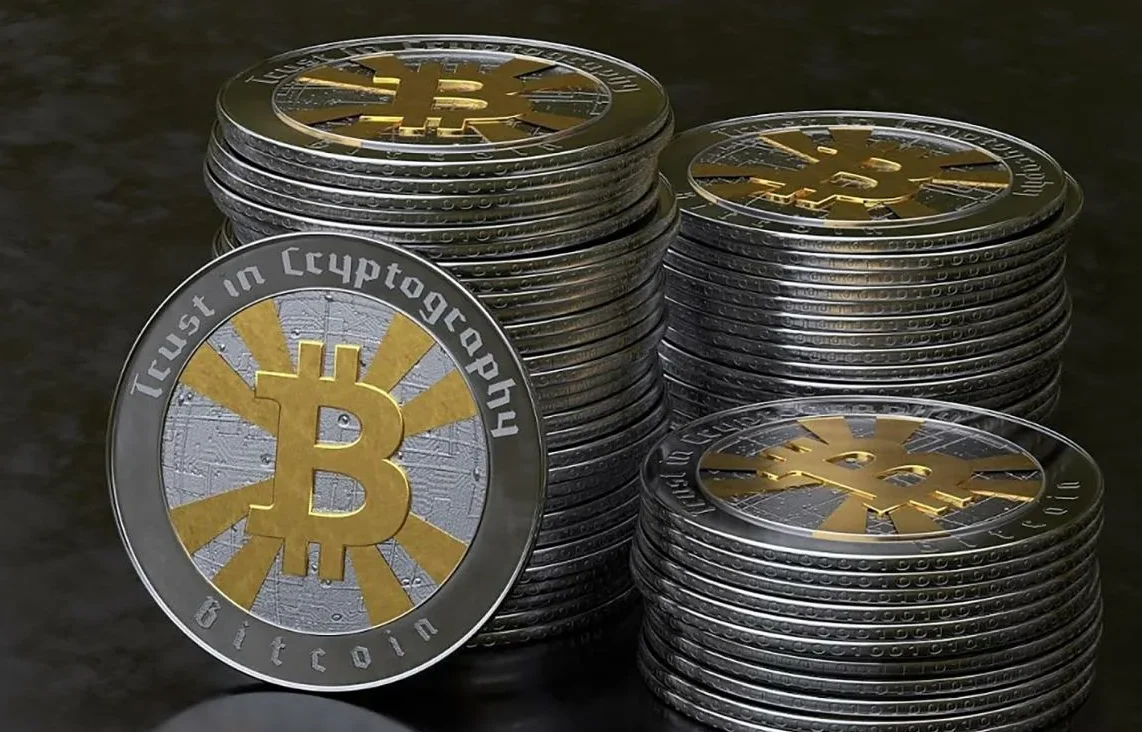After discovering approximately 1,000 sites in Kuwait mining illegal bitcoins. The Kuwaiti government issued a harsh warning in a significant cryptocurrency crackdown. The government is becoming increasingly aware of illegal mining, especially those that break the law and threaten the electricity grid.
Illegal Mining Surge
The method by which digital currencies like Bitcoin Price, Ethereum, and others are generated and transactions are validated—cryptocurrency mining—requires significant computational capability. This system makes use of specialized hardware, consuming a lot of electricity. Many times, miners choose to work in areas with cheap energy prices so they may optimize their profitability. Although mining is permitted in many nations, including Kuwait, it is governed strictly in many others.
 Over 1,000 illegal mining stations in Kuwait show a growing trend of people and groups exploiting the cryptocurrency market by illegally using the country’s power system. Miners like Kuwait because electricity is heavily subsidized and mining is cheaper there. However, the growing development of illegal mining operations is raising concerns about the pressure on the national electricity grid, which serves consumers.
Over 1,000 illegal mining stations in Kuwait show a growing trend of people and groups exploiting the cryptocurrency market by illegally using the country’s power system. Miners like Kuwait because electricity is heavily subsidized and mining is cheaper there. However, the growing development of illegal mining operations is raising concerns about the pressure on the national electricity grid, which serves consumers.
Illegal Bitcoin Mining
The effect of unlawful bitcoin mining on the nation’s electricity system is among the most urgent issues under discussion. Like many other Gulf countries, Kuwait mostly subsidizes power, which is supplied at a fraction of the rate that citizens would pay in other areas of the globe. Although this approach has historically helped people, it has also created conditions where illegal activities may flourish. Often working out of residential dwellings, industrial facilities, and even commercial properties, unauthorized miners have been drawing on the nation’s electrical system to support their activities.
Mining’s heavy use of electricity strains the grid and raises the risk of power outages and service disruptions. Kuwait’s energy system is already stressed at peak demand, notably in summer when air conditioning use is highest. Illicit bitcoin mining may worsen these issues and cause national financial losses and electricity shortages.
Particularly considering the growing worldwide demand for cryptocurrencies, authorities have voiced worries that the extent of illegal mining is now sufficient to compromise the stability of the national grid. Unchecked, the issue can cause long-term damage to Kuwait’s energy infrastructure; hence, the government has to act quickly and forcefully.
Kuwait Cracks Down
In response to the growing threat of illegal cryptocurrency mining, Kuwait has taken many steps to limit it. The Ministry of Electricity and Water, Ministry of Interior, and other regulatory organizations are investigating unlawful mining. Multiple people have been arrested for these unlawful activities, and government officials have vowed to continue identifying and shutting down illegal mining enterprises.
The government has also stressed the perils of illegal cryptocurrency mining and the legal implications for anyone involved. Kuwait’s cryptocurrency mining laws are rigorous, and mining without a license can result in fines and jail time. The government’s commitment to power infrastructure safety is shown by its threat to prosecute unlicensed miners.
As part of its broader strategy. The government is also working to implement more stringent monitoring measures to detect illegal mining operations before they can do significant damage to the national grid. This includes deploying advanced technologies to track power usage patterns and identify suspicious activity. Additionally, authorities are collaborating with local internet service providers and telecommunications companies to monitor internet traffic that may be linked to illegal mining operations.
Bitcoin Mining Challenges
Kuwait is not the only Gulf nation affected by illegal Bitcoin’s stability. Illegal mining has surged in the UAE, Saudi Arabia, and Qatar due to cheap electricity and cryptocurrency interest. Due to significant mining growth, many nations have changed their digital currency and related rules.
 Due to these issues, several Gulf governments are considering tightening regulations on bitcoin mining and trade. Some have banned or limited mining, while others are exploring controlled methods to include digital currency into their economies. However, policymakers must balance national infrastructure protection and blockchain and Bitcoin innovation.
Due to these issues, several Gulf governments are considering tightening regulations on bitcoin mining and trade. Some have banned or limited mining, while others are exploring controlled methods to include digital currency into their economies. However, policymakers must balance national infrastructure protection and blockchain and Bitcoin innovation.
Final thoughts
The discovery of 1,000 illegal bitcoin mining facilities in Kuwait highlights the need for better digital currency sector regulation. Bitcoin mining will damage Gulf nations’ power networks, requiring additional monitoring and enforcement to preserve critical infrastructure.
The Kuwaiti government’s swift response highlights the dangers of unregulated mining and the necessity for specific regulations regulations. The forward-looking legislation to regulate technology, energy, and regulation in the digital era.

